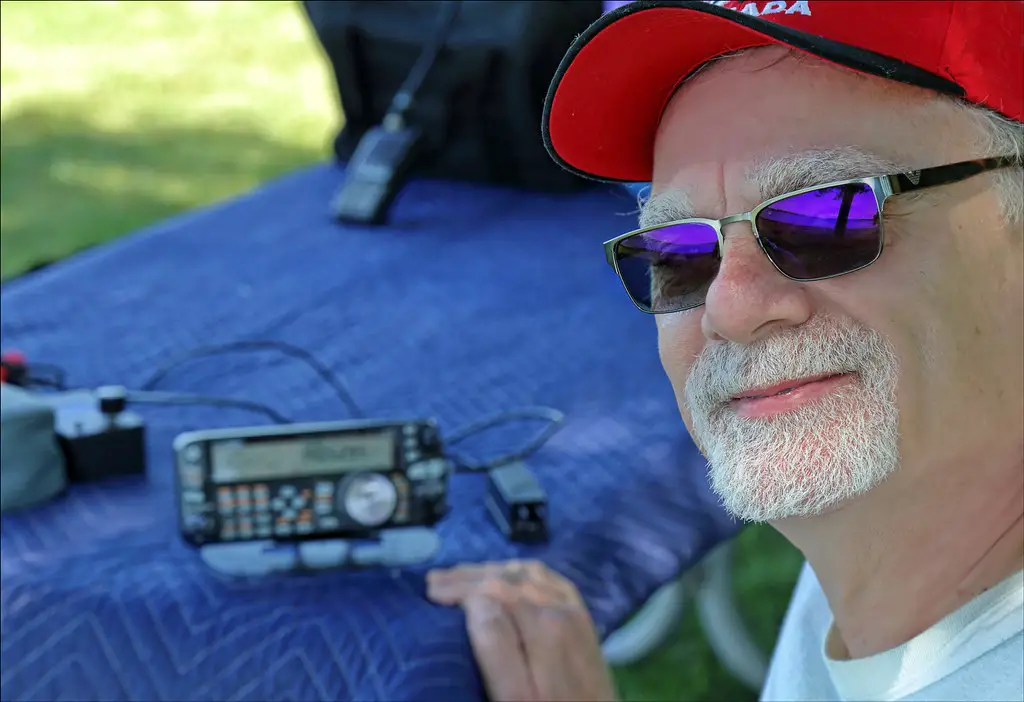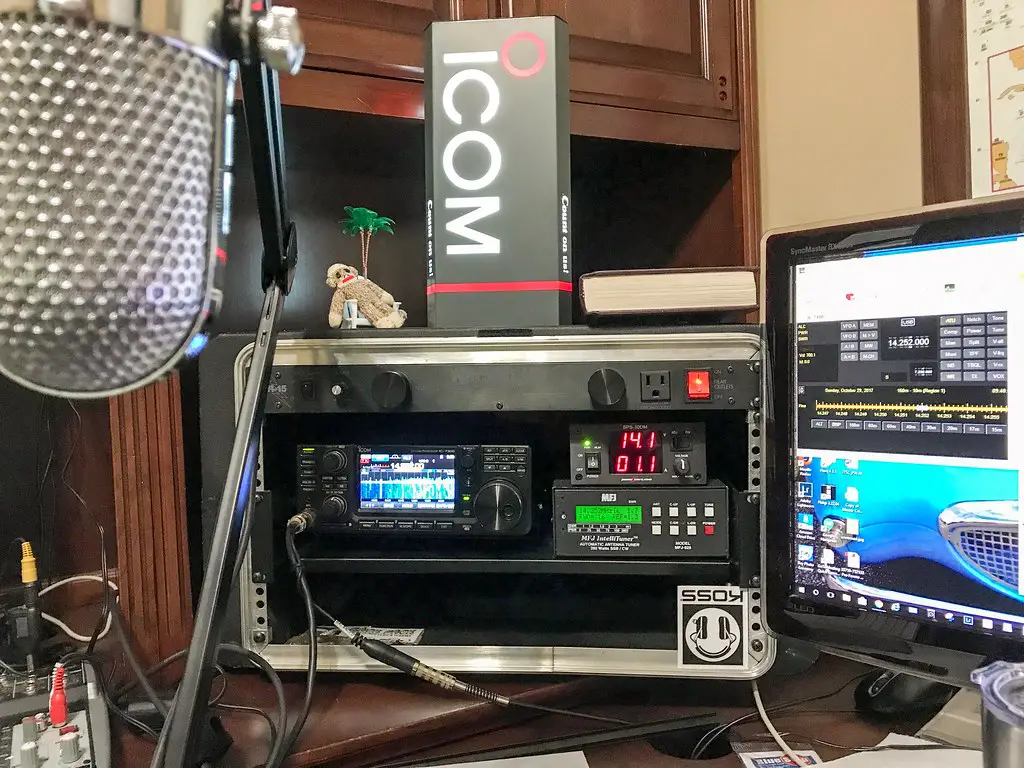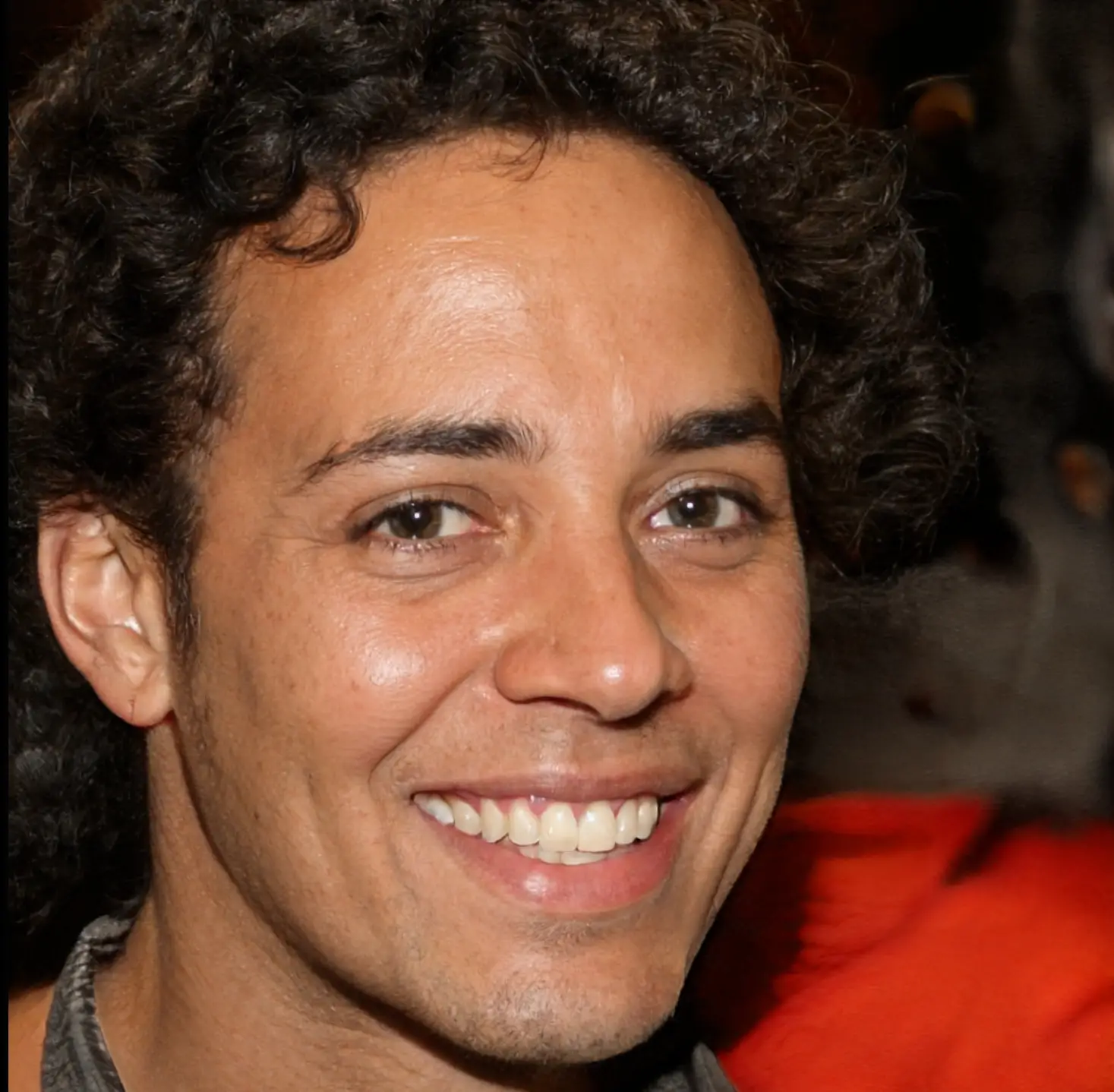Ham radio contests are a thrilling way to show your radio talents! Held worldwide, now it’s easier than ever to compete with fellow enthusiasts. Participants demonstrate their skills in areas like operating techniques, signal strength and propagation knowledge. The goal is to make contact with as many operators as possible during a certain period. Points are based on contacts and the distance covered.
These contests have unique categories for all levels. From single-operator to multi-operator teams, there’s something for everyone. Some even have themes or challenges to add extra excitement!
Don’t miss out! Join a ham radio contest to gain experience, connect with others, and have fun. The camaraderie among contestants, it’s an atmosphere of collaboration and support. So grab your gear, brush up on your skills, and enter the wonderful world of ham radio contests!
- Worldwide Radio Rendezvous: Picture this: radio enthusiasts from all corners of the globe huddled around their trusty transceivers, ready to flex their radio muscles. These contests are like a universal radio jam session where you’re not just playing, you’re competing!
- Skills Galore: It’s not just about casually chatting about the weather, folks. Ham radio contests are where you showcase your operatic operating techniques, your superhero-like signal strength, and your knack for knowing how those radio waves wiggle through the air.
- Dialling for Points: The name of the game is making contact, and I’m not talking about leaving a voicemail! Your mission, should you choose to accept it, is to chit-chat with as many operators as your vocal cords and Morse code can handle during a set time. Points? Oh yeah, you rack ’em up based on contacts and how far your radio rambles.
- Categories for All Walks: From lone wolves running the show solo to dynamic duos or squads of radio maestros, these contests are tailor-made for all levels. Think of it as the radio Olympics with events like “Fast Fingers Morse Relay” and “Distance Dash Antenna Edition.”
- More Than Just Megahertz: But wait, there’s more! Some contests come with themes and challenges that are like sprinkles on your radio cupcake. Imagine racing to contact operators in remote islands or solving riddles on air – it’s like a treasure hunt, radio-style!
What are Ham Radio Contests?
Ham radio competitions are events where amateur radio operators compete in various activities. They show their skills and knowledge. These contests give enthusiasts the chance to show off their expertise and meet other ham radio operators worldwide.
Competing in ham radio contests lets individuals show their ability with different aspects of amateur radio. This includes Morse code, voice communication, and digital transmission. It gives participants the chance to compete in a friendly way and improve their ham radio proficiency.
In addition to technical challenges, these contests create a great sense of friendship among those taking part. The global nature of these events helps people from many cultures and backgrounds connect, all with the same passion for amateur radio. Events allow operators to make new friends, exchange stories, and learn from each other.
To join a ham radio contest, there are certain requirements. Firstly, participants must hold a license from their national regulatory authorities. This makes sure they have the right knowledge and skills to use the radios safely and correctly.
Secondly, they must know the rules and regulations for the contest they want to enter. This includes the criteria for scoring points, allowed frequencies or modes of communication, deadlines for submitting logs, and any special regulations from organizers.
To do well in a ham radio contest, there are some strategies to follow. Researching previous winners’ techniques and studying winning station setups can help. Preparing early is also important, making sure all the equipment is functioning correctly before the competition starts. Taking part in smaller competitions first is a great way to practice and find areas to improve.
Networking with experienced contestants is beneficial too. They can offer advice on contest strategies, antenna positioning, and frequency selection. Learning from others in the ham radio community can really help improve contestants’ skills.
How to Join a Ham Radio Contest
Joining a ham radio contest is an awesome way to show off your skills and meet other radio buffs. Here are 3 simple steps to join in on the fun:
- Picking a Contest: Research and pick a ham radio contest that suits your interests and time. There are numerous contests each year with different topics related to amateur radio. Popular ones include the CQ World Wide DX Contest, ARRL International DX Contest, and the IARU HF Championship.
- Getting Ready: Make sure you have the right equipment for the chosen contest. This could mean a dependable radio transceiver, antenna system, power supply, logging software, and headphones. Become familiar with your gear and make any needed repairs or adjustments.
- Going On Air: On the day of the contest, tune in to the frequency band designated for the contest. Stick to the rules and guidelines of the contest organizers. Contact other operators by exchanging signal reports, callsign, and locations. Log each one accurately for submission.
Apart from these steps, it is essential to follow proper operating etiquette during a ham radio contest. Be polite and respectful to other operators, stick to frequency allocation regulations, and practice ethical practices.
Joining ham radio contests gives you the chance to test your skills and learn from experienced operators. Plus, you can expand your network in the amateur radio community.
Did you know? ARRL reports that there are over 700 amateur radio contests held worldwide each year!
Tips for Success in Ham Radio Contests
- Maximize your prep by learning the contest rules and scoring methods.
- Build a great station with quality equipment and antennas for the best results.
- Manage your time during the contest well – dedicate periods to calling CQ & looking for new stations.
- Develop strong operating skills – like accurate logging, effective frequency management & clear communication.
- Monitor band openings for extra contact chances.
- Maintain discipline & show good sportsmanship throughout.
Pro Tip: Network with other participants to swap valuable insights & strategies.
Conclusion
Wrap-up: Ham Radio Contests are a great way to develop your operator skills, make connections, and have fun!
- They are competitive activities where radio amateurs try to get in contact with as many stations as possible in a given time.
- Before starting, it’s essential to know the rules and categories.
- They also give you the opportunity to meet other ham radio fans.
In short, these contests can be a great experience to improve, network, and compete. Plus, the bond between participants is one of a kind! A passionate ham radio operator tells us about his last competition. Despite the unfavourable weather and technical issues, he kept on going and made many successful contacts. His immense feeling of accomplishment, when the contest was over, is proof that love for the hobby and dedication can lead to amazing things.
Frequently Asked Questions
1. What are ham radio contests?
Ham radio contests are competitions where amateur radio operators try to make as many contacts as possible within a specified time period. These contests help participants improve their skills and network with fellow enthusiasts.
2. How can I participate in ham radio contests?
To participate in ham radio contests, you need to have a valid amateur radio license. You can find a list of upcoming contests online or through amateur radio clubs. Simply choose the contest you want to join and follow the instructions for registration.
3. What equipment do I need for ham radio contests?
For ham radio contests, you will need a transceiver (radio), an antenna, and a power source. The specific requirements may vary depending on the contest rules. It is recommended to have a reliable setup and backup equipment to ensure smooth communication.
4. Are there different categories in ham radio contests?
Yes, ham radio contests typically have different categories based on factors such as power output, operating bands, or equipment used. These categories allow participants to compete against others with similar setups, making the contest fair and exciting.
5. Can I participate in ham radio contests as a beginner?
Absolutely! Ham radio contests welcome participants of all skill levels, including beginners. It’s a great opportunity to learn and improve your radio operating skills while having fun. Don’t hesitate to join and gain experience in contesting.
6. Are there any prizes for winning ham radio contests?
While most ham radio contests don’t offer monetary prizes, participants can earn recognition, certificates, and awards based on their performance. The main rewards are the experience gained, knowledge acquired, and the satisfaction of achieving personal goals.




